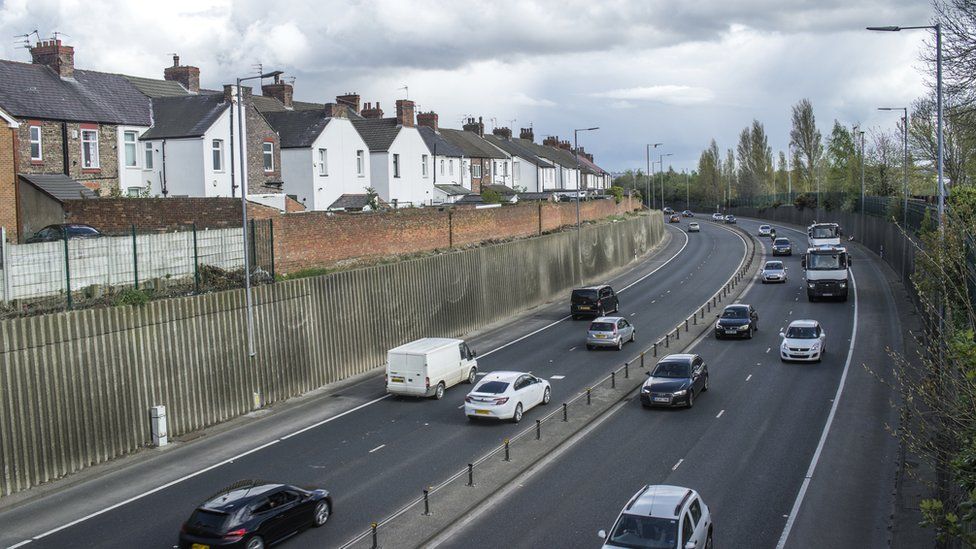ARTICLE AD BOX
 Image source, Getty Images
Image source, Getty Images
Previous studies suggested it was unclear if noise or air pollution played a bigger role
By Jennifer Harby
BBC News
The sound of roaring engines and wailing sirens endured by people who live near busy roads can make their blood pressure rise, academics say.
University of Leicester researchers found a link between noisy road traffic and increased risk of hypertension.
Previous studies suggested it was unclear how noise or air pollution affected blood pressure.
However, academics said the new research was a "game-changer" that could affect future environment policy.
Public health measures
Samuel Y Cai, a lecturer in environmental epidemiology at Leicester's Centre for Environmental Health and Sustainability, co-supervised the study.
He said: "This is the first UK study that directly investigated the effects of long-term exposure to road traffic noise on hypertension incidence over an eight year follow-up period.
"It is possibly the largest and most comprehensive individual-level study in the world.
"There were quite a lot of studies in the past that provided a snapshot correlation between traffic noise exposure near home and hypertensive status among the population.
"However, none of them were of high enough quality to move forward the policy agenda."
Image source, Getty Images
Image caption,The researchers hope their work will affect future environmental policies
He said the evidence suggested there was a potential causal relationship between road traffic noise and hypertension, independent of air pollution and other risk factors.
"This is a game-changer when it comes to the prevention of hypertension at individual and societal level," he said.
"Although more evidence is likely needed, this should not delay actions to recognise that traffic noise is a potential risk factor for hypertension, and heart diseases more generally, in the development of clinical guideline and environmental policy."
The lead author of the study was Jing Huang, assistant professor in the Department of Occupational and Environmental Health Sciences in the School of Public Health at Peking University in Beijing, China.
"We were a little surprised that the association between road traffic noise and hypertension was robust even after adjustment for air pollution," he said.
Researchers analysed data from more than 240,000 people, aged 40 to 69 years who started out without hypertension.
Image source, Getty Images
Image caption,The Leicester researchers believe the study is the largest of its kind in the world
Using follow-up data over a median 8.1 years, they looked at how many people developed hypertension.
They found people living near road traffic noise were more likely to develop hypertension, but also that risk increased in tandem with the noise "dose".
These associations held true even when researchers adjusted for exposure to fine particles and nitrogen dioxide.
However, people who had high exposure to both traffic noise and air pollution had the highest hypertension risk, showing that air pollution plays a role as well.
Researchers said the findings could support public health measures such as setting stricter noise guidelines and improving technology on quieter vehicles and urban design.
Follow BBC East Midlands on Facebook, on Twitter, or on Instagram. Send your story ideas to eastmidsnews@bbc.co.uk.
Related Internet Links
The BBC is not responsible for the content of external sites.

 2 years ago
58
2 years ago
58








 English (US) ·
English (US) ·